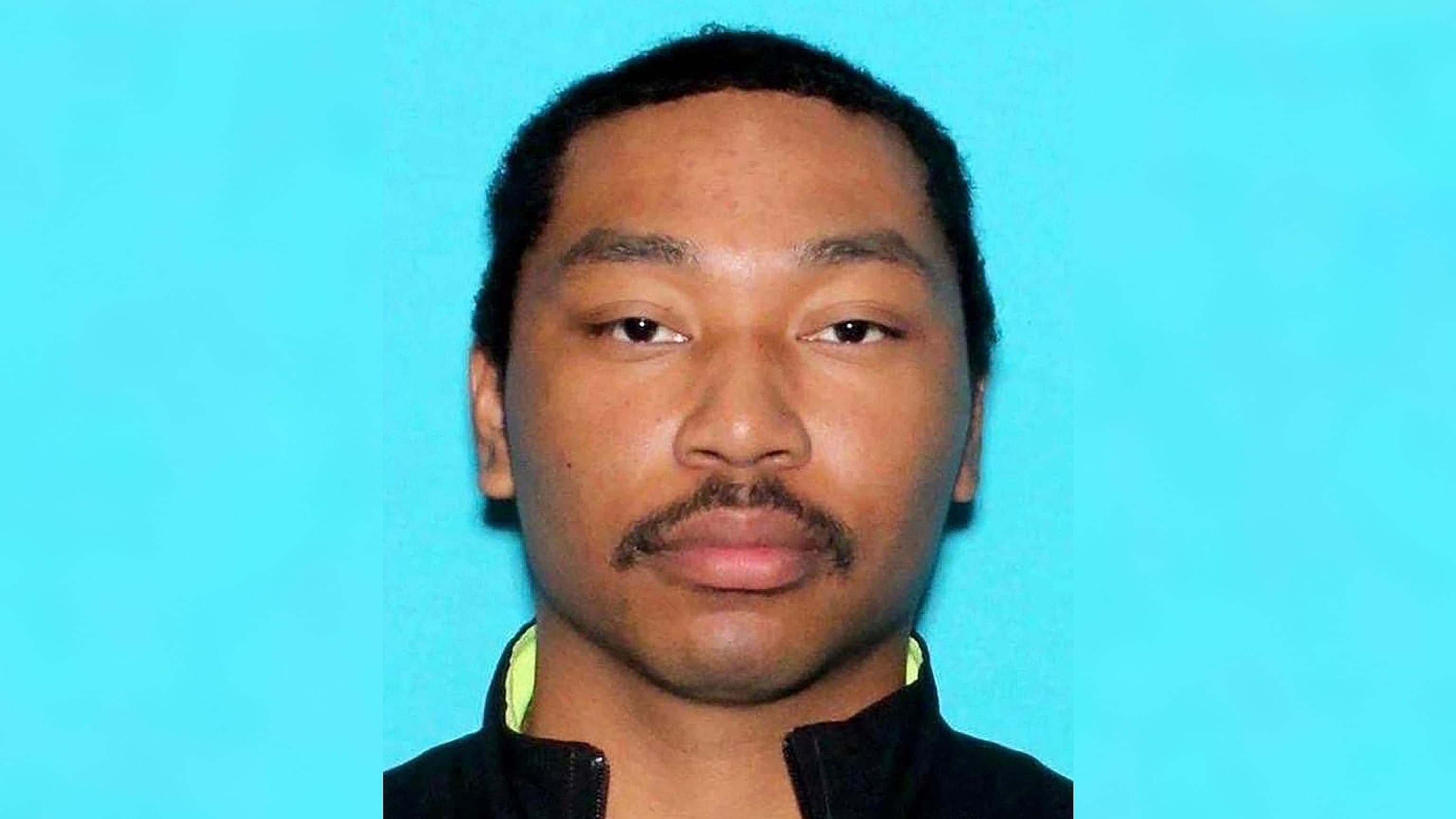Four Killed in July NFL HQ Attack: Shooter Shane Tamura's Severe CTE Confirmed, Blamed NFL in Note

New York, NY – Shane Tamura, the 27-year-old individual responsible for the deadly shooting at the National Football League's headquarters in New York City on July 28, 2025, was posthumously diagnosed with severe chronic traumatic encephalopathy (CTE), the New York City Medical Examiner's Office announced. The attack claimed the lives of four people, including a New York police officer, before Tamura took his own life. This diagnosis aligns with a "suicide note" found in his possession, where he explicitly blamed the NFL for his degenerative brain disease and requested his brain be studied.
Tamura, a former high school football player and Las Vegas casino security officer, drove cross-country from Nevada to carry out the assault. The New York Police Department identified the victims as NYPD Officer Didarul Islam, private security officer Aland Etienne, Blackstone executive Wesley LePatner, and Rudin Management associate Julia Hyman. An NFL employee was also gravely wounded during the rampage, which has been described as the deadliest mass shooting in New York City in a quarter-century.
Police Commissioner Jessica Tisch revealed details from Tamura's note, stating he "claimed to be suffering from CTE, possibly from playing high school football, and he also blamed the NFL." Dr. Emily Carter, the chief medical examiner, confirmed the severe CTE diagnosis following a neuropathological examination, noting the considerable extent of brain damage. Tamura's writings reportedly detailed symptoms consistent with the condition, which can only be definitively diagnosed after death.
The confirmation of severe CTE in the shooter brings intense renewed scrutiny to the ongoing debate surrounding head trauma in sports and its potential links to aggression, mental health issues, and behavioral changes. While Tamura was not an NFL player, his case underscores the broader societal impact of brain injuries and the league's long-standing challenges regarding player safety. NFL Commissioner Roger Goodell issued a memo advising New York-based employees to work remotely following the incident.
Authorities also noted Tamura's documented history of mental illness, including prior mental health crisis holds. The incident has intensified calls for further research into traumatic brain injuries and their potential role in violent behavior. The tragic events and the subsequent medical findings are expected to fuel continued discussions about preventative measures and support for individuals affected by such conditions.